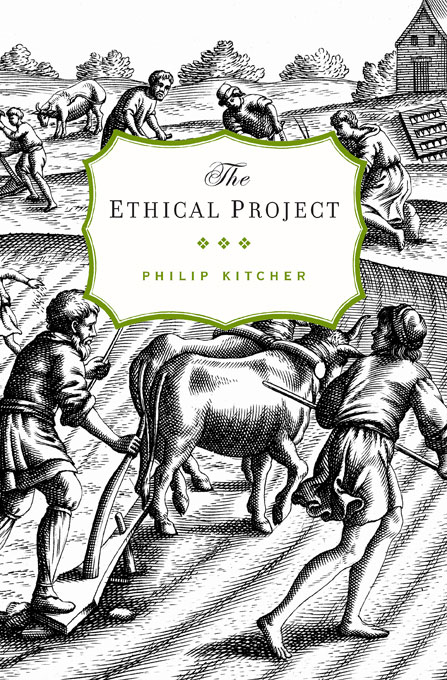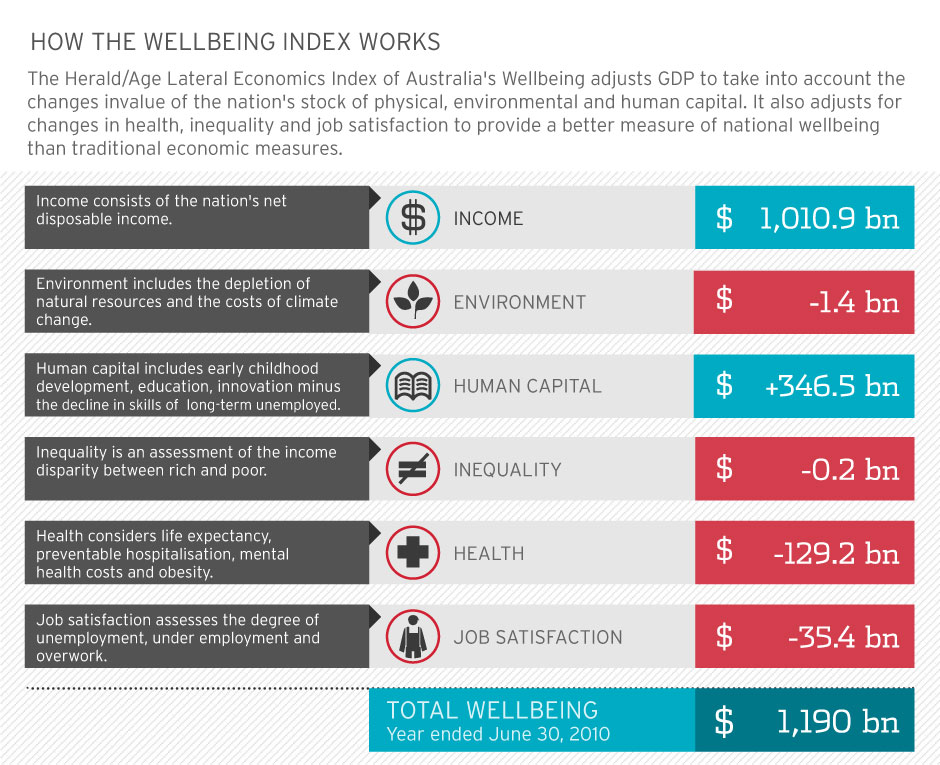atheism
The Ethical Project: The Future of Ethics
This is the last in my series in response to Philip Kitcher’s new book, The Ethical Project. You can read my initial review, my look at our evolving moral psychology, on moral functionalism, and my last post on ethical progress. In this post I want to sum up my thoughts on Kitcher’s naturalistic programme and make some comments on where to from here.
As is probably apparent from the other posts in this series, I’m very sympathetic with Kitcher’s broad approach to ethics. He calls is naturalistic pragmatism – naturalistic because it doesn’t lean on any non-natural or a priori truths, but on the gritty reality of life in the natural world; pragmatist because of his commitment to a Deweyan picture of philosophy being “reconnected with human life”, and “ethics as growing out of the human social situation”, as well as a Jamesian pragmatic approach to truth (p3).
If I had to give my approach to ethics a label, I’d be quite content to call it pragmatic naturalism.
I thoroughly endorse the notion that ethics is a human invention, a cultural innovation that served the function of solving the problems of social living, thus facilitating greater levels of cooperation. That individual moral norms are best understood as strategies for solving these problems and encouraging prosocial behaviour.
I also dismiss notions of there being moral facts – in the sense of a unique domain of facts that are knowable a priori, and/or non-natural, and/or intrinsically normative, and/or the expressions of a divine will. There is only us, our interests, the dynamics of social living, and the mundane fact that if we want to live socially, and reap the benefits of cooperation, we need to abide by some rules of behaviour lest it all spiral down into mutual defection.
And, as I don’t believe that morality is a special domain, I dismiss the is-ought problem and the naturalistic fallacy as barking up the wrong tree. The kind of special ‘ought’ that is apparently separated from ‘is’ simply doesn’t exist. The simple undefinable moral property of ‘the good’ also doesn’t exist. The fallacies are, well, a fallacy.

